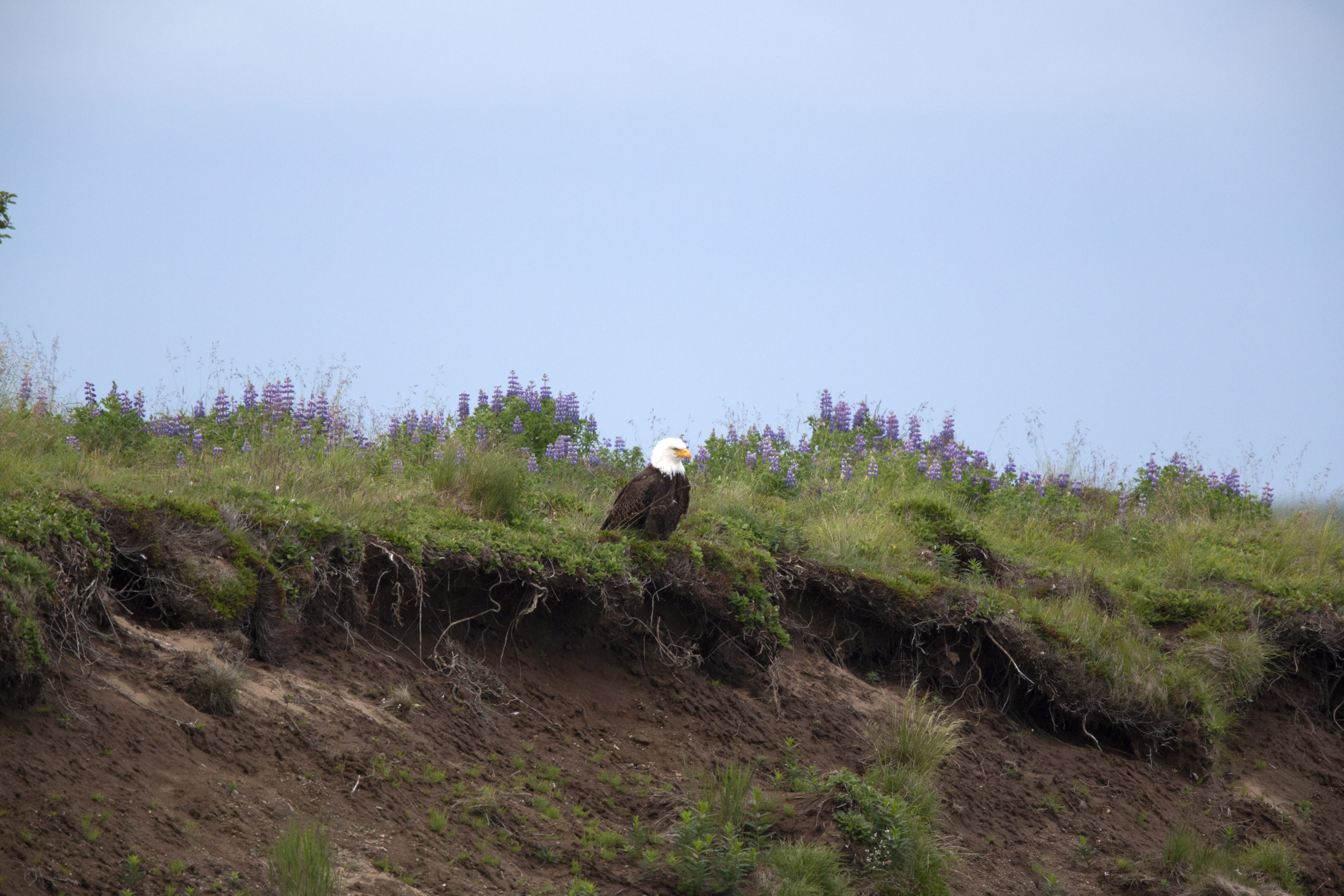How to Help an Injured Bird

Do you believe you found an injured bird and want to provide the best care possible?
Here are the preliminary steps to take BEFORE providing assistance.
- Be sure the bird needs help. Unless there is visible injury, a bird on the ground is not necessarily a sign that it needs your help.
- If an eagle or other raptor remains in one place, especially on the ground, for more than 24 hours AND does not fly away on approach or is obviously injured, contact a licensed wildlife rehabilitator or state and local conservation officers. (See list of contacts below)
- Do not attempt to feed the bird. Young raptors need their parents or a qualified wildlife rehabilitator to feed them a very specific diet in order to survive.
Found a baby bird? Here is how you can help
Care for nestlings: Birds that do not yet have feathers (nestlings) are not ready to fly. If you can see a nest nearby that the bird may have fallen out of, you can simply replace the nestling.
Parent birds will not abandon a nestling, even after human contact.
Can’t locate the nest? Move the baby bird to a shady spot off the ground to protect it from predators and the parents may continue to care for it.
Care for fledglings: Fledglings are young birds that have their first feathers and are just leaving the nest. These birds are just learning to fly and may spend considerable time on the ground.
Usually, they do not need help. Parents are often close by, watching and feeding the youngster.
Can’t find the parents? If neither parent has visited the young in 24 hours, contact a local wildlife rehabilitator to get the young bird the help it needs.
Contacts list to assist with injured birds or wildlife
Wildlife Rehabilitation in Minnesota or Wisconsin
The Raptor Center at the University of Minnesota (raptors only)
Phone: (612) 624-4745
Wildlife Rehabilitation Center of Minnesota
Phone: (651) 486-9453
Coulee Wildlife Rehabilitation Center
Phone: (608) 483-2610
Raptor Education Group, Inc (REGI)
Phone: (715) 623-2563
Resources for injured wildlife across the United States
Contact your State Department of Natural Resources (DNR).
Contact your local sheriff or law enforcement.
